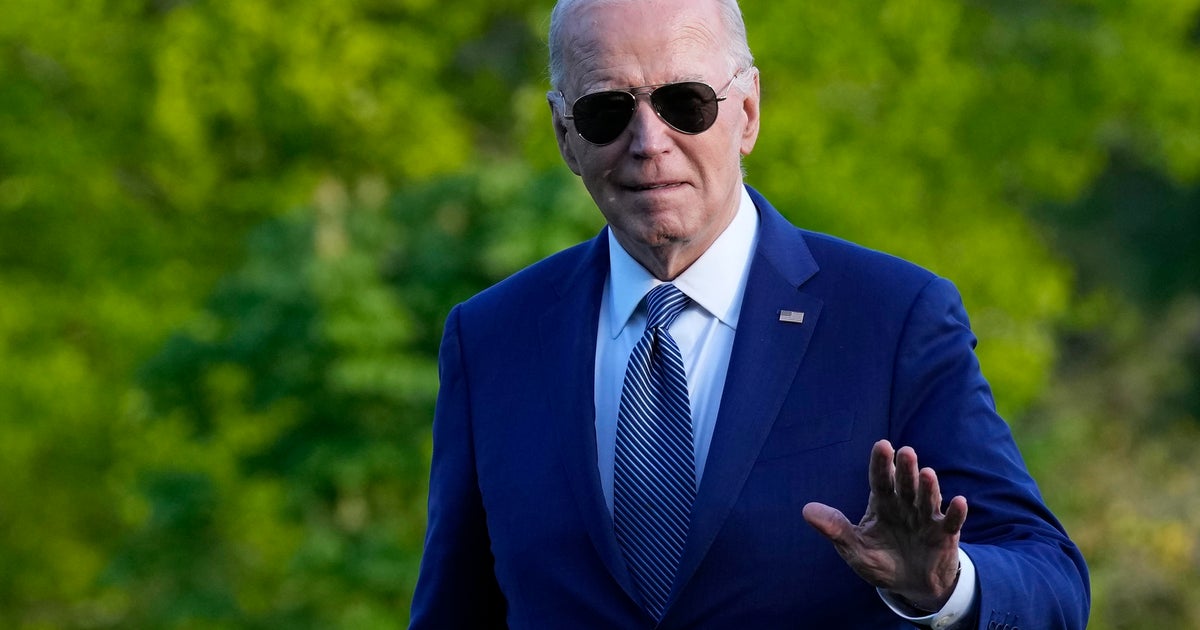Opportunity in America, 10 years after the financial crisis
On this week's episode of the "Where Did You Get This Number?" podcast, Jill Schlesinger, business analyst at CBS News, looks at the 2008 financial crisis and its lingering effects.
Schlesinger said the financial services industry never really owned up to its mistakes during the crisis, specifically citing JPMorgan Chase CEO Jamie Dimon's comments that his bank did not need a government bailout.
"The entire financial system was days away from going under completely," Schlesinger said. "Morgan Stanley falls. Goldman Sachs falls. Citigroup falls. Bank of America falls. You don't think you're gonna fall next? That's insane."
Schlesinger pointed out that younger people now are more cautious about their careers and investments. They also tend to trust financial technology companies more than financial institutions.
"You don't trust the bank that foreclosed on your parents, but you trust us because we're basically using algorithms to put your money to work," Schlesinger said of fintech companies.
Another significant change that has occurred within the last few years is the concentration of opportunity in certain metropolitan areas, according to Jim Kessler, Executive Vice President for Policy at Third Way, a center-left think tank. That's not what people predicted in the early days of the World Wide Web.
"I think 20, 30 years ago we thought, 'Oh, well this is gonna democratize capitalism even more,'" Kessler said, referring to the idea that the internet would expand opportunities geographically. "Well, just the opposite has happened."
Kessler, along with Ryan Bhandari, co-authored a report on opportunity in the United States, dividing and ranking regions based on the percentage of working-age people employed, the kinds of jobs offered, and a slew of other factors that formed their Opportunity Index. They found that the highest ranked regions all had a key common feature.
"They have a large anchor institution, either a medical research center or a university," on top of affordable cost-of-living expenses, said Bhandari, a senior economic policy advisor at Third Way.
And overall, what really determines why certain regions do better than others, economically speaking, must be measured at a local level, according to Aparna Mathur, a resident scholar in economic policy at the American Enterprise Institute, a center-right think tank.
"We have all of these sort of aggregate statistics on what is upward economic mobility and what does inequality look like and so on," Mathur said. "But it really boils down to... what opportunities do I see for myself within my family, within my household, within my community that I live in."
To hear more of our discussions on the financial crisis and the U.S. economy, download the "Where Did You Get This Number?" podcast on Apple Podcasts, Google Play, Stitcher, or Spotify. New episodes are available every other Monday.
Producers: Ian Flickinger, Allen Peng
Host: Anthony Salvanto
Twitter: @WDYGTN



